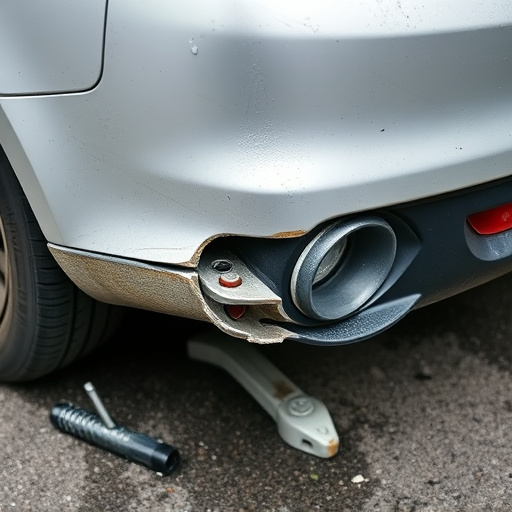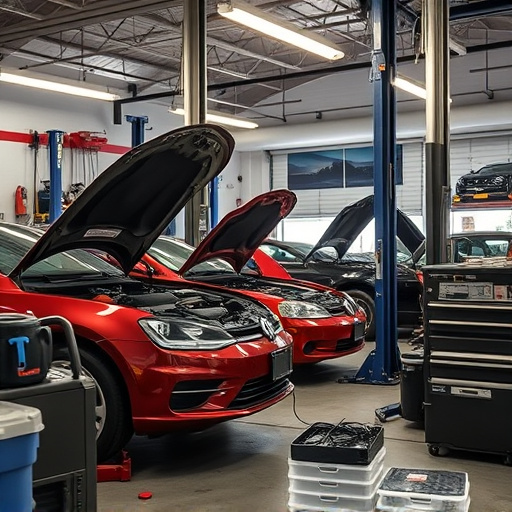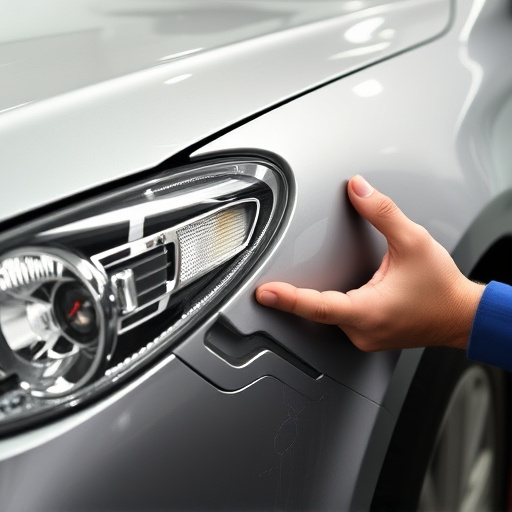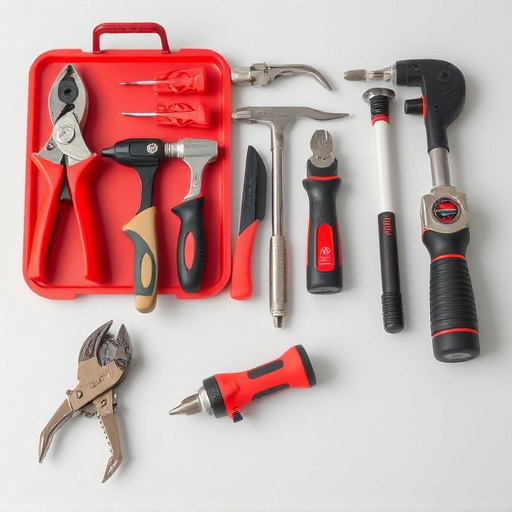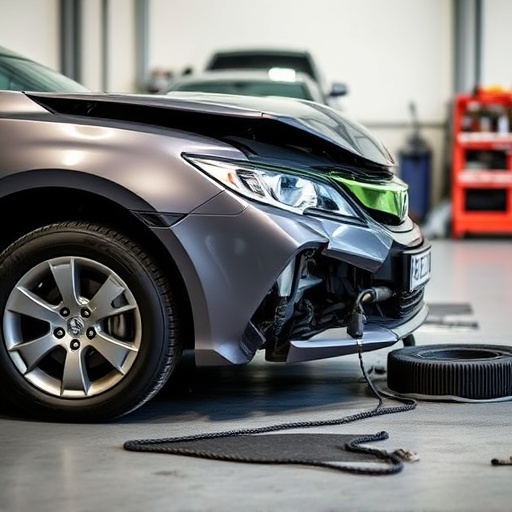Efficient collision repair insurance claims processing through streamlined timelines enhances operations for insurers and policyholders by increasing transparency, reducing delays, optimizing resource allocation, and providing prompt repairs. Adhering to strict timelines improves customer satisfaction and loyalty, crucial for auto repair shops' long-term success in a competitive market. Swift repairs mitigate costs associated with vehicle immobility and rental fees, creating positive experiences for all stakeholders.
Timelines play a pivotal role in the complex landscape of collision repair insurance claims. This article explores why these time-bound structures are indispensable for efficient claims processing, fostering customer satisfaction, and cost mitigation. By understanding the impact of timely repairs on collision repair insurance, stakeholders can optimize processes, enhance transparency, and ultimately improve overall claim resolution. Efficient timelines mean swift repairs, happier customers, and reduced financial burdens.
- Efficient Claims Processing: Timelines Streamline Collision Repair Insurance
- Customer Satisfaction: Meeting Expectations Through Prompt Timeline Adherence
- Mitigating Costs: The Role of Timely Repairs in Collision Repair Insurance Claims
Efficient Claims Processing: Timelines Streamline Collision Repair Insurance
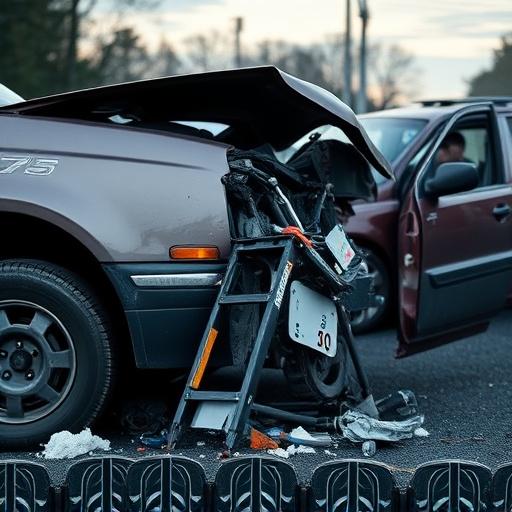
Efficient Claims Processing: Timelines Streamline Collision Repair Insurance
In the realm of collision repair insurance, efficient claims processing is paramount to ensuring smooth operations for both insurers and policyholders. Timelines play a crucial role in this process by providing a structured framework for handling claims from inception to resolution. By establishing clear, defined stages within these timelines, every step of the claim journey can be meticulously tracked and managed. This not only enhances transparency but also minimizes delays, reducing frustration for those involved in auto repair near me – whether it’s for classic car restoration or contemporary vehicle fixes.
Furthermore, well-defined timelines facilitate better resource allocation. Insurers can allocate their teams and facilities more effectively, ensuring that claims are assessed and repaired promptly. This streamlines the entire process, from initial damage assessment to final settlement, resulting in a more satisfying experience for policyholders while also improving operational efficiency for insurance providers.
Customer Satisfaction: Meeting Expectations Through Prompt Timeline Adherence

In the realm of collision repair insurance, adhering to timelines is paramount for fostering customer satisfaction. When an insured individual’s vehicle sustains damage, they expect swift and efficient service—a promise that timely repairs fulfill. Meeting these expectations through prompt timeline adherence significantly enhances customer experience and loyalty. Every minute counts when it comes to restoring a client’s peace of mind and getting them back on the road safely.
This is especially crucial in competitive markets where auto repair shops, including specialized Mercedes-Benz repair centers, vie for customers. Satisfied clients are more likely to return and recommend services to others, thereby boosting the shop’s reputation. By prioritizing timelines, these businesses create a positive cycle of trust and quality service delivery, ensuring long-term success in an increasingly demanding industry.
Mitigating Costs: The Role of Timely Repairs in Collision Repair Insurance Claims

In the realm of collision repair insurance claims, mitigating costs is a key aspect that timely repairs play a pivotal role in. When a vehicle suffers damage, swift action in its repair can significantly reduce the overall expense for both the policyholder and the insurance company. Delve into any automotive body shop’s process, and you’ll find that prompt attention to the claim leads to more efficient, cost-effective solutions. This is particularly true for complex collision repair insurance scenarios where extensive vehicle collision repair is required.
By expediting the repair process, insurers can prevent prolonged vehicle immobility, which often results in daily rental fees added to the claim costs. Additionally, early intervention in repairs may uncover less expensive replacement parts and methods, thus preventing what could become a spiraling cost issue. In essence, timely repairs not only serve as a key strategy for reducing collision repair insurance claims but also ensure that vehicle repair services are provided with the utmost efficiency, ultimately fostering a smoother experience for all parties involved.
Timelines play a pivotal role in efficient collision repair insurance processing, enhancing customer satisfaction and mitigating costs. By adhering to prompt timelines, insurers can streamline claims, ensuring fair and timely compensation for policyholders. This not only fosters trust but also encourages swift repairs, reducing the overall financial burden on both parties. Incorporating structured timelines into collision repair insurance practices is a game-changer, fostering a more transparent and efficient claims process that benefits all involved.





